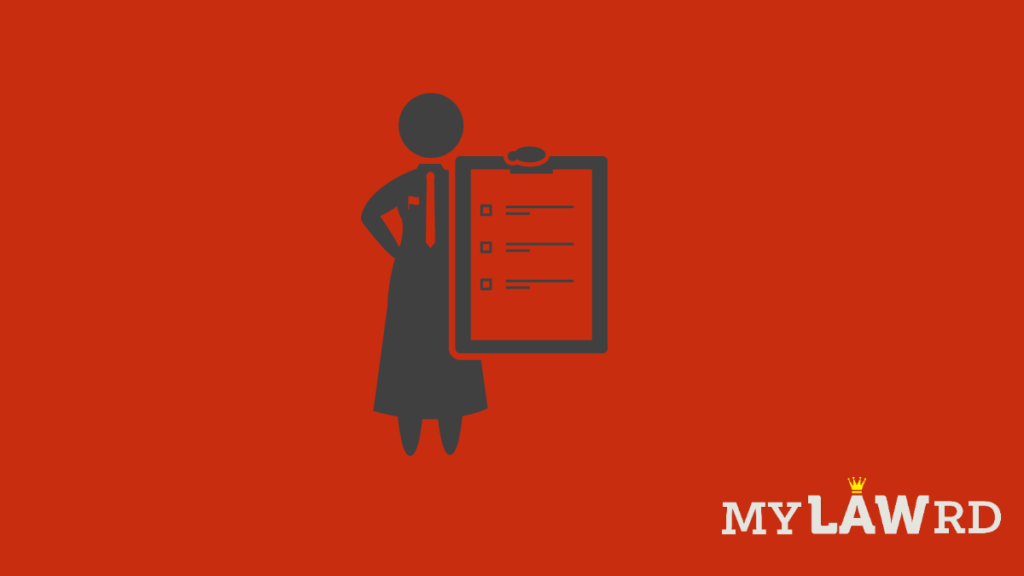Priyank Kanoongo, the Chairman of the National Commission for Protection of Child Rights (NCPCR) has filed a complaint against Twitter for providing false information and violating the POCSO Act.
As per Mr. Kanoongo, when the NCPCR approached Twitter India about cases of child pornography on social media, it replied that it was not responsible for child pornography material posted on its website and that it fell under the purview of Twitter Inc, based in the United States. Based on this, NCPCR has filed a complaint with Delhi Police against the social media company, and asked the police to register an FIR under Section 199 of the IPC- for making a false statement in an enquiry run by the commission. He further said that the commission had found Twitter to have contravened Section 11, 15, 19, of the POCSO Act.
The NCPCR has also requested the IT ministry to ensure that access to Twitter is suspended for children until it becomes safe for them.
Safe Harbor and POCSO Compliance
Twitter is an intermediary platform that benefits from the IT Act’s safe harbor. This means Twitter is only a facilitator of communication, and thus cannot be held liable for the content that is shared on the platform. However, they must undertake prescribed due diligence, which means coordinating with authorities and give/ block illegal content.
Under Section 19 of the POCSO Act, Twitter is required to submit a complaint with the Special Juvenile Police Unit or the local police as soon as Twitter’s personnel come across any content which is sexually exploitative of children. Section 21(2) provides that any failure to report the case the in-charge of the company shall be punished with imprisonment for a term which may extend to one year and with a fine.
Twitter has not filed any such complaint with the authorities. Even the reply from Twitter India reflects its lethargic approach towards reducing such incidents.
Twitter’s tussle with the IT Act & Rules
Recently, Twitter labelled tweets of some political leaders as ‘manipulated media’. Since then, the situation has rapidly escalated between the government and Twitter. Even more so after Twitter failed to comply with the new intermediary rules. In a statement, MeitY has said that it is time that Twitter complies with the laws of India.
On Monday, the Delhi High Court was hearing a petition regarding the compliance with the new intermediary rules by Twitter. The petition was filed by Advocated Amit Acharya.
During the hearing, the Court stated that Twitter has to comply with the rules if they have not been stayed. However, Twitter claimed before the court that it complies with the rules and established a resident grievance officer.
(At the time of writing, Twitter’s Website shows that Mr. Dharmendra Chatur has been appointed as an interim Resident Grievance Officer for India.)
During the hearing, Ripudaman Singh Bhardwaj, counsel for the central government, stated that Twitter has not complied with the guidelines. In his petition, Acharya stated that the new intermediary Rules went into force on February 25 and that the Centre had given every social media intermediary, including Twitter, three months to comply with them.
In this incident, if Twitter is found non-compliant with the intermediary rules, it would mean more trouble. Since the intermediary immunity would be stripped away, Twitter could be charged for storing child pornography, calling for imprisonment up to five years, and fine up to rupees 10 lakh, as per Section 67B of the Information Technology Act.
Update, 29th June, 2021
On 25th June 2021, the NCPCR issued a summons to the DCP of Delhi Police Cyber Cell to appear in person on 29th June 2021. The Commission had asked the Delhi police to register an FIR against Twitter, and also furnish action taken report within 7 days. However, the Delhi Police failed to take any action, even after the Commission sent a subsequent reminder.
Do subscribe to our Telegram channel for more resources and discussions on technology law and news. To receive weekly updates, don’t forget to subscribe to our Newsletter.
You can also follow us on Instagram, Facebook, LinkedIn, and Twitter for frequent updates and news flashes about #technologylaw.

